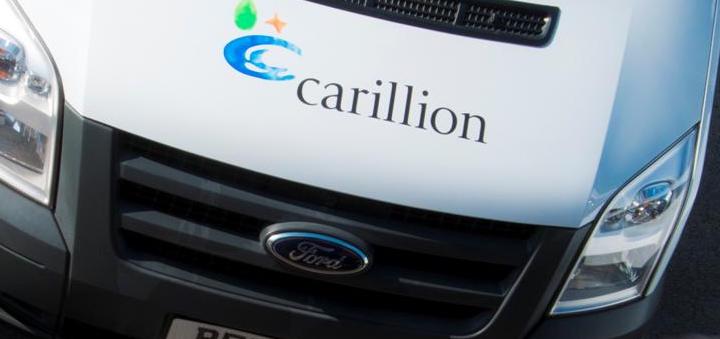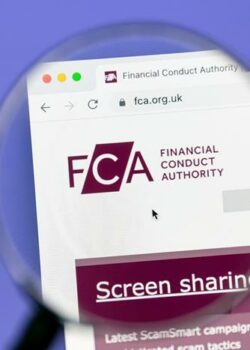
The conduct of directors at the collapsed support services and construction group Carillion will be investigated as the board faced criticism for its management of the business.
Cabinet office minister David Lidington told the House of Commons that an investigation by the official receiver, which took over the running of Carillion yesterday after it entered liquidation, would look at past and present directors at the company.
Talks to save Carillion, which holds around 450 contracts for work in the public sector, were ongoing through the weekend as the business struggled under approximately £1.7bn of current liabilities.
The company’s previous chief executive, Richard Howson, stood down in July last year after Carillion issued a profits warning and laid bare the difficulties it faced in managing debt.
However, the Institute of Directors (IoD) has attacked Carillion’s governance after it emerged that the company relaxed clawback provisions in 2016 for executive bonuses.
–Roger Barker, IoD
Roger Barker, head of governance at the IoD, said: “Today’s outcome suggests that effective governance was lacking at Carillion, and we must now consider if the board and shareholders exercised appropriate oversight prior to the collapse.”
He added: “There are some worrying signs. The relation of clawback conditions for executive bonuses in 2016 appears in retrospect to be highly inappropriate. It does no good to the reputation of UK business when top managers appear to benefit in spite of the collapse of the organisations that they are responsible for.
“Going forward, it may be necessary for government to consider how it can better monitor the robustness of governance at key contractors.”
David Lidington said in the Commons that business secretary, Greg Clark, has asked the official receiver to: “look not only at the conduct of the directors at the point of the company’s insolvency but also at that of any previous directors, to determine whether their actions might have caused detriment to the company’s creditors.
“That includes detriment to any employees who are owed money. The investigation will also consider whether any action by directors has caused detriment to the pension schemes.”
He appeared to confirm that the investigation would look at changes to Carillion’s clawback measures.
The Investment Association’s Public Register shows that shareholders backed Carillion’s remuneration report, with 79.9% of votes on 3 May, 2017, and 20% against.
In a short statement, the Financial Reporting Council (FRC), which regulates auditors and accountants, said it had been monitoring Carillion for “some time”.
“We have the powers to investigate the circumstance relating to the audit of Carillion as well as the actions of the relevant accounting professionals.”
The FRC said another statement would follow shortly.
The Times reports this morning that the role of Crown representative for Carillion—a government appointment supervising companies with government contracts—had been left vacant from August until November. The company issued a profits warning in July.
Annual report
In its annual report for 2016, dated 1 March last year, Carillion gave an updated assessment of its performance, with revenues up 14% to £5.2bn and profits at £178m. However, current liabilities stood at £1.7bn against current assets of £1.8bn. Non-current liabilities at that time were £1bn.
However, on 10 July came the profits warning and the departure of Howson. A statement said a “deterioration in cash flows” on a number of construction projects had led the board to undertake an “enhanced review of all of the group’s material contracts.” Provisions were made of £845m, with £470m of that for overseas contracts.
Importantly, net borrowing for the year was forecast to be £695m. The board was in the process of making savings and disposals to head off a debt crisis. It had also suspended a dividend for 2017 with a cash saving of £80m.
Carillion’s board also announced a “comprehensive review of the business and the capital structure”.
Chairman Philip Green made it clear that the company did not expect to meet its target for “reducing leverage for the full year”.
Carillion issued a further warning in November that it expected to breach its covenants on 31 December 2017, and the forecast for average net borrowing for the year had worsened to between £875m to £925m. The statement said talks were underway to amend the covenants. Interim chief executive Keith Cochrane said discussions were focused on rebuilding the company’s balance sheet.




